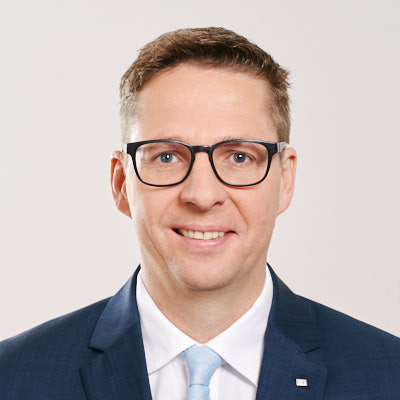1 Background
In the past, spa communities have experienced special treatment under VAT law. The tax authorities have subjected spa taxes - despite being a fee - to VAT and generously granted the input VAT deduction. The municipalities could comprehensively claim input VAT deduction on all spa facilities (paths, courts, special buildings, buses, winter and summer facilities). In 2017, the Federal Fiscal Court restricted the input VAT deduction by only allowing a proportional allocation to the taxable sector. It also stated that an input VAT deduction could only be made if special use by the spa guest is intended, i.e. general use of the facility is excluded. Since this threatened to eliminate an important financing component for investments in spa facilities, the spa communities were pleased with the Federal Ministry of Finance’s clarification, in its letter of 5 May 2022, that the new regulations would only apply from 1 January 2018 (see KMLZ VAT Newsletter 24 I 2022). Anyone who thought that things could not get any worse has now been proven wrong by the ECJ's recent decision.
2 Judgment of the ECJ dated 13 July 2023 (C-344/22) - Gemeinde A
In its latest judgment, the ECJ comes to the conclusion that the municipality does not render a taxable supply to non-local tourists when charging them a spa tax or visitor’s tax.
The municipality raised a so-called “spa tax” (flat-rate fee) from non-residents on the basis of a municipal statute (special regulation under public law), which day visitors and its own residents were not charged. A special feature of the case was that the spa facilities were freely accessible to everyone, i.e. a spa card was not required for admission. The municipality considered the spa tax as consideration for its activity subject to VAT (operation of spa facilities) and requested the full input VAT deduction from all procured goods and services related to tourism. However, the tax office took a different view and rejected the input VAT deduction in large parts. The Federal Fiscal Court now wanted to know from the ECJ whether the spa tax can be seen as consideration in the context of a supply for consideration and - if this was ultimately affirmed - whether the municipality actually acted as a taxable person due to the special rules for legal entities under public law. In this respect, the Federal Fiscal Court pointed out that, under certain circumstances, there would be no distortion of competition since no private provider was permitted to provide these spa services in the same municipal area. Against this background, the Federal Fiscal Court also asked the ECJ how the relevant geographic market was to be determined regarding the concept of competition.
According to the ECJ, there is no taxable supply for consideration. The necessary direct connection between a supply of services by the municipality and the disputed spa tax was lacking. The spa tax was not paid for the provision of the spa facilities. Rather, the spa tax was raised on the basis of the municipal statutes, irrespective of the actual use of the individual spa facilities. The spa tax is due even if the spa facilities are not used at all. In addition, the facilities were freely accessible to everyone, including residents and day visitors. Thus, the tourists liable to pay the spa tax would have no other advantages than persons who used the spa facilities but were not liable to pay the spa tax. Since supply for consideration had already been denied, the ECJ was not required to comment on the question whether the municipality acted as a taxable person.
3 Consequences for the practice
There are two sides to every coin. Even if input VAT deduction will no longer be possible in cases like these, it is also clear that spa taxes are no longer subject to VAT. This is a little consolation for communities. In future, they will save 7% VAT on the spa tax.
However, the ECJ's judgment should not be overstated. Not all spa fees in Germany are structured in the same way: If the spa facilities may only be used by persons who are liable to pay spa fees, the case is different. According to the principles of the ECJ, there would be a supply for consideration. The interesting question then remains, however, whether the municipality is acting as a taxable person in this respect. Within the framework of section 2b para. 1 sentence 2 of the VAT Act, it will be crucial to determine whether there are significant distortions of competition. This will be assessed according to how broadly the concept of competition is to be seen: rather isolated to the individual municipality area or much broader, in that neighbouring municipalities, other federal states or even the federal territory are to be included in the competition assessment? Due to the lack of a supply for consideration, the ECJ has not ruled on this question, which is highly relevant for legal entities under public law. If competition is confirmed for spa municipalities, the possibility of input VAT deduction could arise again.
It will also be interesting to see what effects the jurisprudence of the ECJ will have on the assessment of corporate income tax. So far, the tax authorities have assumed that spa facilities are subject to corporate income tax as so-called “business of a commercial nature”. Even if the jurisprudence of the ECJ is not binding for the income tax senate of the Federal Fiscal Court, the Senate will nevertheless consider, at the next opportunity, whether the income tax liability should be maintained. Otherwise, we would have one of those rare cases in which the activity is not subject to VAT but is subject to income tax.
Contact:

Prof. Dr. Thomas Küffner
Lawyer, Certified tax consultant,
Certified public accountant
Phone: +49 89 217501230
As per: 19.07.2023
